Imagine a world where machines can not only play chess at a grandmaster level with an ELO of 3600, but can also compose a symphony that evokes human emotions or write a news article indistinguishable from one written by a seasoned journalist. This isn’t science fiction anymore. Artificial intelligence (AI) is rapidly weaving itself into the fabric of our reality, transforming everything from how we interact with technology to the very nature of our own work itself.
The exponential growth of the AI market is undeniable. You can see the stats and stock market for the companies with the most profit right now. But here’s the real question: are we, the human architects of this revolution, prepared for this impact? The truth is, many are lagging behind, lacking the crucial digital skills to navigate this brave new world.
But there’s a ray of hope. Developers, the unsung heroes of the digital age, stand at the forefront of this AI revolution. They are the Parents/guardians of AI technology. By understanding the interplay between AI and human intelligence, developers hold the key to unlocking the true potential of this technology and ensuring a future where humans and machines work in harmony.
This blog post delves into the fascinating world of AI vs. human intelligence. We’ll explore how these two forces can co-exist and collaborate, and most importantly, we’ll examine the critical role developers play in shaping the future of AI. So, buckle up and get ready to explore the exciting, and sometimes daunting, landscape of AI.
Table Of Contents
AI vs. Human Intelligence: A Balancing Act
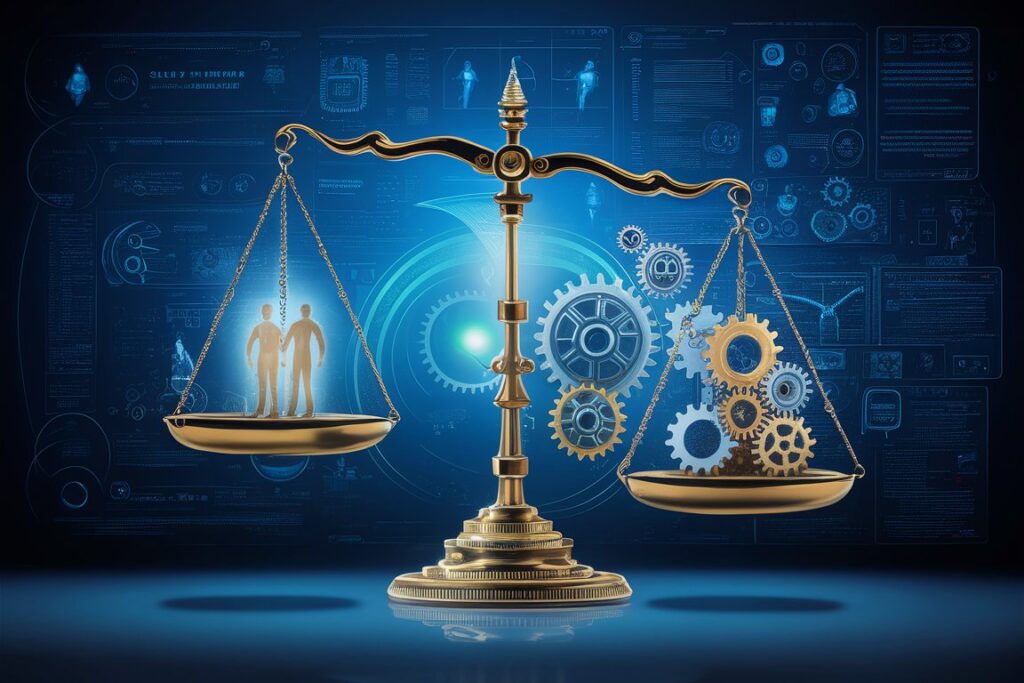
| Skill | Human Intelligence | Artificial Intelligence |
|---|---|---|
| Creativity and Innovation | Excellent | Limited |
| Critical Thinking and Problem-Solving | Excellent | Good (can follow complex algorithms and find optimal solutions within defined parameters) |
| Understanding Context and Nuance | Excellent | Limited (may struggle with sarcasm, humor, and other subtleties) |
| Adaptability and Learning New Skills | Excellent | Good (can learn through training data, but may not adapt to entirely new situations as well as humans) |
| Social and Emotional Intelligence | Excellent | Limited (can process emotions to an extent, but cannot truly understand or respond emotionally) |
| Data Processing and Analysis | Good | Excellent (can analyze massive datasets much faster and more accurately than humans) |
| Pattern Recognition | Good | Excellent (can identify complex patterns in data that humans might miss) |
| Automation of Repetitive Tasks | Limited | Excellent (can perform repetitive tasks flawlessly and tirelessly) |
Areas where AI shines
Imagine having to read a book which is a 1000 pages big. It will take around 20–30 days for a human to create a summary for the readings in that book, but because of the large-scale data analysis of AI’s they can do it in some seconds. You can try it on your own, Go to ChatGPT and type this prompt-
“I am quite busy with my work from some days and hence not getting time to read books actually, but I want to read a book called “Rich dad Poor dad” by Robert Kiyosakiso passionately. To save my time, can you please summarize that book for me?”
and see the magic.
Overall, AI is completely better than humans in large-scale data analysis, automation of repetitive tasks, following defined algorithms perfectly.
Areas where Humans Excel:
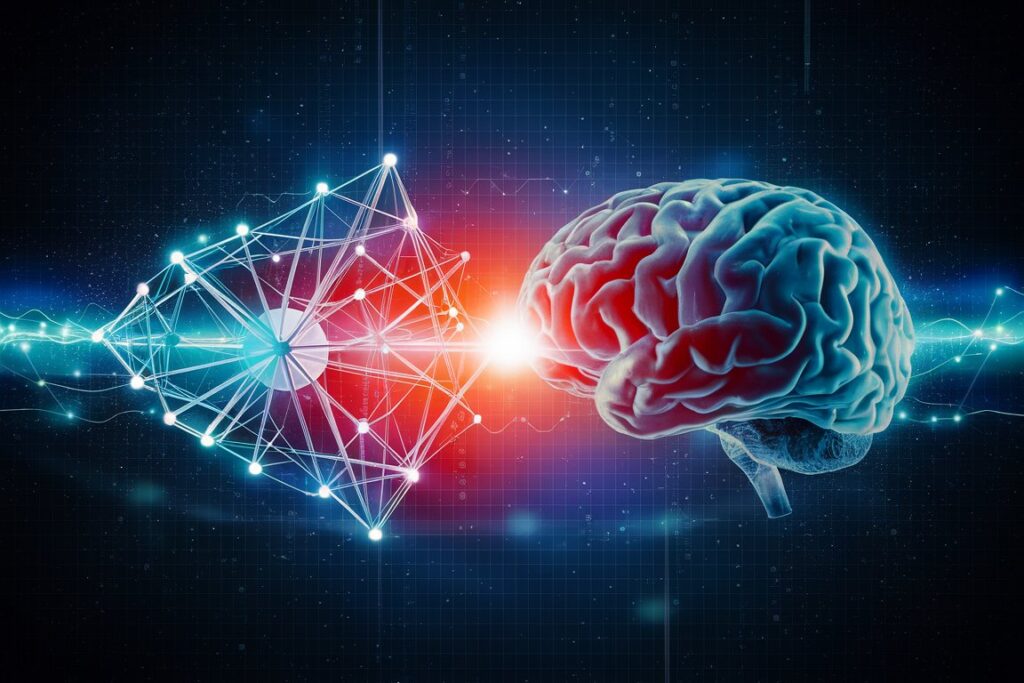
Humans can come up with entirely new ideas,
concepts, and solutions that go beyond existing data or patterns trained to AI. Although we are comparing God’s creation vs God’s creation’s creation
AI, which is capable of generating creative text formats or images based on existing data but struggles with true originality and groundbreaking innovation.
Humans can grasp the subtle nuances of language, humor, sarcasm and cultural preferences. It struggles to interpret these subtleties, leading to awkward interactions.
Adaptability:
Humans can adapt to new situations, learn from experience, and pick up new skills on the fly.
AI’s learning is often confined to its training data and may require significant retraining or reprogramming to adapt to significantly different situations.
Critical Thinking and Problem-Solving in Unfamiliar Situations:
Humans can analyze situations,
identify underlying causes, and develop solutions outside established parameters.
AI excels at following defined algorithms and solving problems within its training data set, but may struggle when faced with entirely new or unexpected situations.
Ethical Considerations and Moral Reasoning:
Humans can make ethical judgments, consider the consequences of their actions, and act with a moral compass.
AI currently lacks the ability to understand complex ethical dilemmas and make decisions based on morality.
Commonsense Reasoning:
Humans can apply common sense and make logical deductions based on everyday experiences.
AI may struggle with tasks requiring this kind of intuitive reasoning.
It’s important to remember that AI is a powerful tool that is still in an evolving phase.
However, for the foreseeable future, human intelligence will remain vital in areas requiring creativity, social interaction, ethical judgment, and the ability to adapt to complex and ever-changing situations.
The Role of Developers in the AI Age
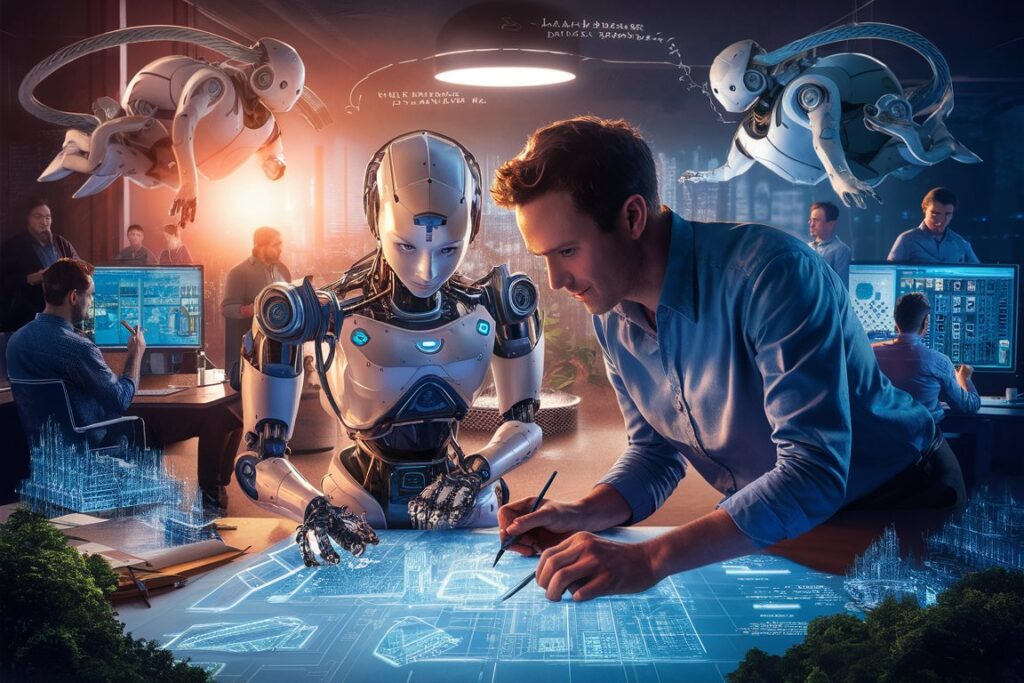
It is a fact that developers act as a medium between Human world and AI language processing. They train, create and implement AI systems so it is their choice perhaps to make it smarter and more intuitive day by day.
The Evolving Role of Developers:
Focus on Collaboration: There will be no time soon that Ais will be collaborating with humans, similarly as people collaborate for a college project. One side (Developers) with their great critical and creative thinking will help AI to identify the problems, and the other side (AI) will be able to solve the problems with the help of its large data analysis and critical problem-solving.
Developers will focus on:
- Defining goals and objectives for AI systems.
- Designing user interfaces that interact seamlessly with AI.
- Training and fine-tuning AI models for specific tasks.
- Ensuring ethical considerations are built into AI development.
- Monitoring and maintaining AI systems for optimal performance.
Emerging Skill sets for Developers: The skills developers will need to thrive in the AI era – data analysis, machine learning expertise, understanding of ethical AI principles, and strong communication skills.
Conclusion
The debate on AI vs. human intelligence is just beginning. As AI continues to evolve, developers will play a critical role in shaping its development and impact. What skills and mindsets do you think developers will need to thrive in the AI era? Let’s keep the conversation going – share your ideas and predictions in the comments.
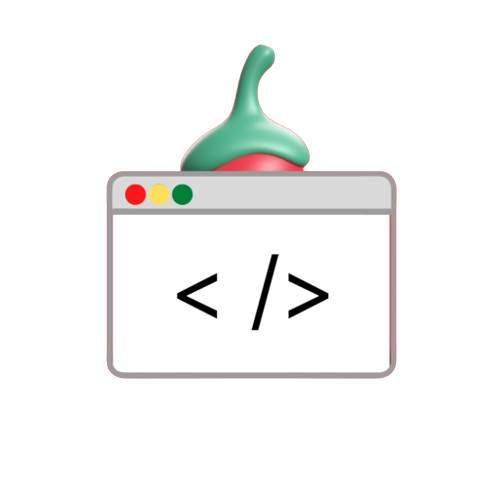

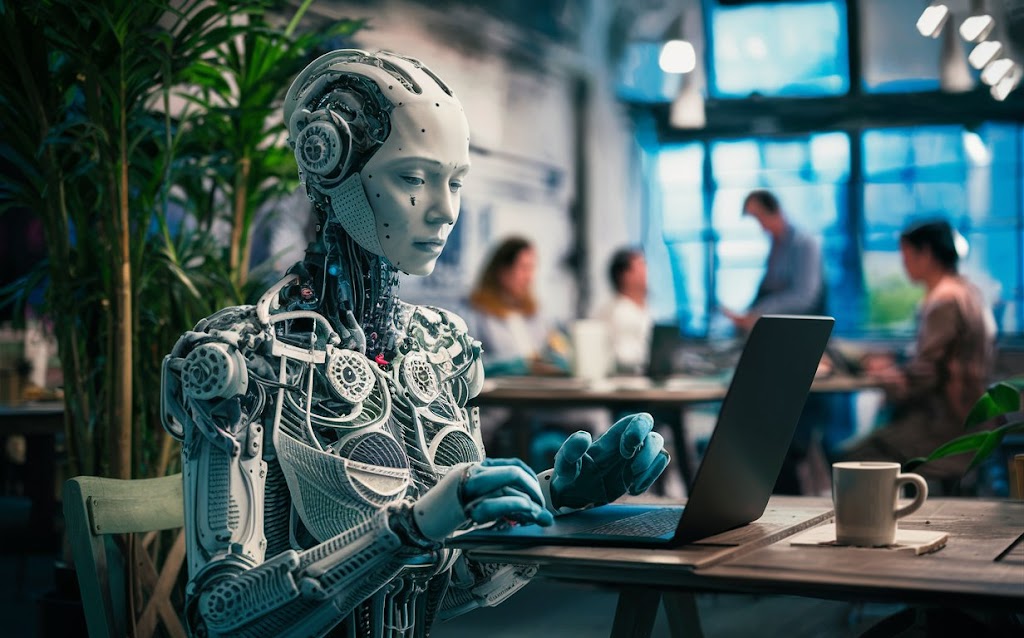

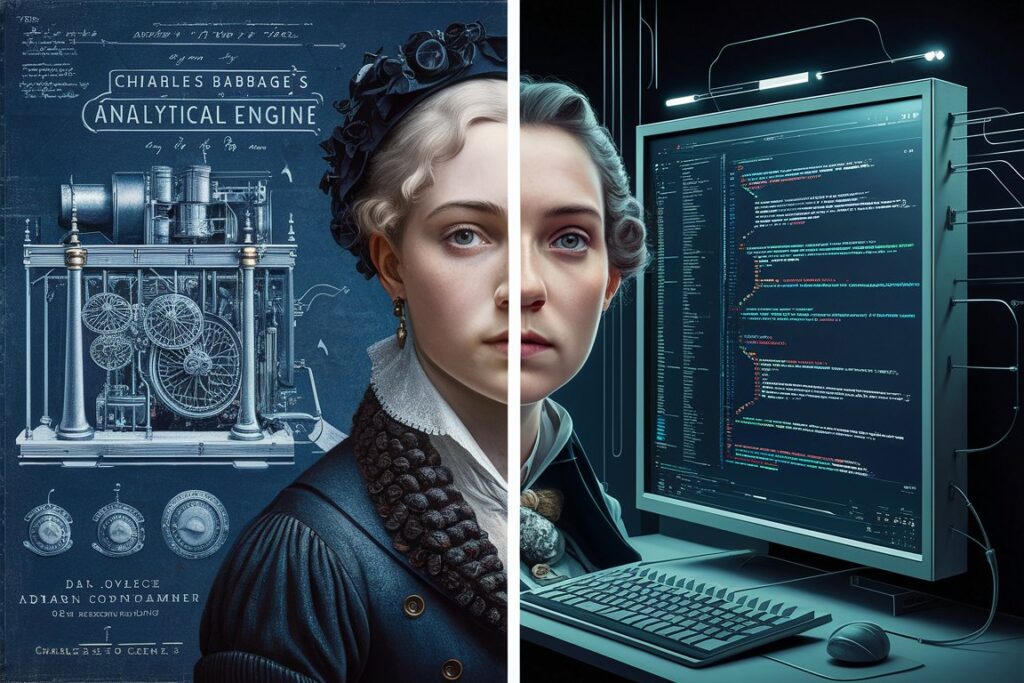
Thanks for sharing. I read many of your blog posts, cool, your blog is very good.